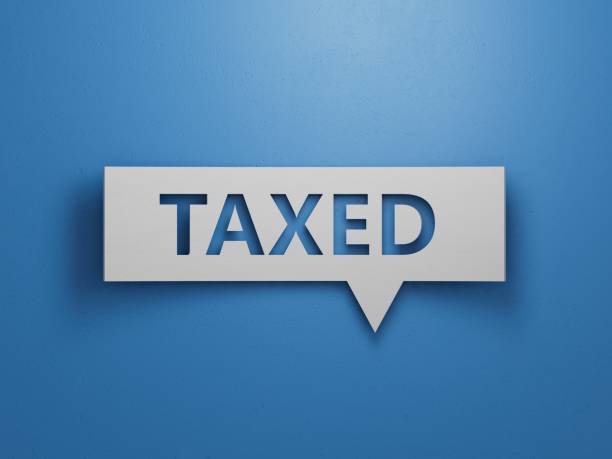The CEO of fast-food chain Carl’s Jr. and Hardee’s, Andy Puzder, has revealed he plans to explore an employee-free restaurant; “where you order on a kiosk, you pay with a credit or debit card, your order pops up, and you never see a person."
Puzder says his interest in automation in lieu of human labor is the direct result of increasing minimum wages:
"With government driving up the cost of labor, it's driving down the number of jobs…You're going to see automation not just in airports and grocery stores, but in restaurants...
If you're making labor more expensive, and automation less expensive — this is not rocket science.”
Puzder is not the only one in the restaurant industry turning to automation. Applebee’s, Chili’s, McDonalds and others are increasingly embracing technology to replace workers. One reporter who tested McDonald’s human-free kiosk ordering raved about “the technology that’s going to change McDonalds forever.”
One of the nation’s fastest growing new fast-food restaurants has modeled its business on the automated dining experience. Eatsa restaurants, which was recently named one of the most influential brands in the restaurant industry by Nation's Restaurant News, serves up custom-made quinoa bowls with zero human interaction. Customers order and pay from a kiosk, human workers assemble the bowls behind a wall and orders are placed in glass cubbies with light up when ready. So while the process relies on human workers to cook the food, the customers never interact, or even see, a human. The automated process allows Eatsa to handle 300 to 400 customers an hour during peak times. According to Eatsa:
"With our unique technology, we can provide better food, faster, and at an unprecedented price of just $6.95."
There are two Eatsa restaurants in San Francisco and Los Angeles, with ten more planned in the next year.
Andy Puzder says the appeal of an employee-free business goes beyond the minimum wage:
"They're [machines] always polite, they always upsell, they never take a vacation, they never show up late, there's never a slip-and-fall, or an age, sex, or race discrimination case.”





